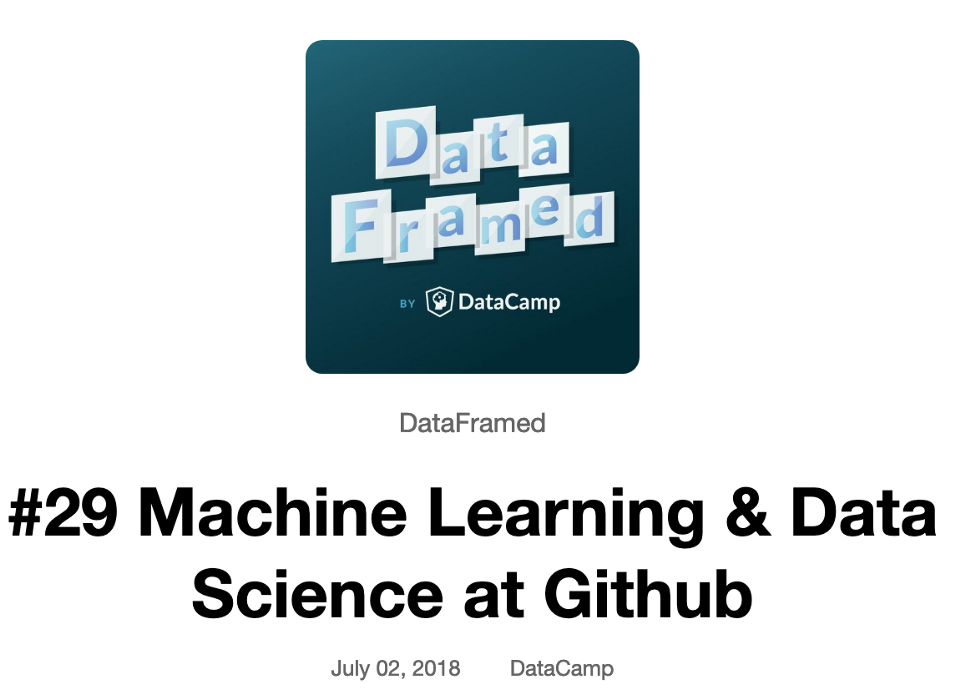After all, data science is a field of quants, PhDs in math and physics. It’s heavy in the hard hitting numbers, the derivatives and statistics that make heads explode. It’s the crazy hidden rhythms of a super-nerd on steroids dancing under the shadow of an all knowing, all seeing algorithm making predictions about what you want, what is best for you, when you should do this, who you should date, what you shouldn’t do, where you should go, and basically all the rest of our life’s decisions ironed out in some elegant, at times nefarious, and incomprehensibly beautifully packaged algorithm derived on some old person’s math theorem.
Well, if you don’t say, it sounds like a walk in the park. Rather I’d say its a random walk in a forest.

From a Random Walk in a Forest along Bull Creek Austin, TX (All rights reserved) Am I a quant, a PhD or a MIT grad? Do I give a hoot how smart I sound or am? No, I just want to make myself a bit more helpful and useful to the world.
But I believe myself to be creative, smart and capable. As well as times I’m the norm, dumb-spelled, and stuck on a problem person that so many of us are. No, I’m not the smartest brick in the wall. Cause for truth sake, I’m definitely not a brick in the wall. But I do know that I’m a statistic in too many companies’ databases for things that influence my life, and I want to understand how that sausage is made, how ugly, beautiful, easy and difficult it might be.
Living in Austin, I have had had a quite a few conversations with smart practitioners in the field about data science, artificial intelligence and machine learning and the impacts of it in the world around us. However, at times I didn’t grasp this seemingly out-of-this-world-field. Truly it previously seemed out of my reach. But one conversation I had about a year ago, made me realize that I could do it, I could learn this stuff and bring my own perspective to the field and bridge the gap of misunderstanding into understanding. I knew that with some dedicated effort and mental juices flowing, I could at least grab a hold of it and learn how the field works and get a tangible grasp of what it is.
Once I get a solid understanding of the data science processes, models, and uses, I can apply them into areas with a bent on gaining mastery that’s responsible and beneficial to humanity.
My goals with data science are to learn then with the intention of consulting in the field to help bridge the gap between technical minded data scientist and quants and suave business leaders who don’t necessarily understand the details, but understand the potential.
My aim is to help align the expertise of the practitioner and the ambition of businesses, to use data science in accordance with the reality of where the field is now and where it’s going, its potential, its challenges, its positive and negative externalities to get people on the page of the book being written in front of our eyes and to get them doing it ethically from the outset.
I’ll just leave you with the following quote from Omoju Miller, Data Scientist at Github, in DataFramed podcast episode #29:

“The only other call to action for people I have is, to actually challenge yourself to learn. Like this, machine learning is not magic, it is basically applied mathematics, and if you really want to understand it, take the time required, it might take you two years, it might take you three years. It’s absolutely worth it because this is the future. And I want more people to have an understanding of what it is so that they can ask stringent questions of us and keep us ethically sound and force us to actually use our knowledge to create solutions to the problems they have because they will know what we are able to do x, y, and z and they will know what our capabilities are and they can hold our feet to the fire.”
Thank you, Omoju Miller, for your perspective you encapsulated on the DataFramed podcast. It captured the essence of why I felt called into the data science field.